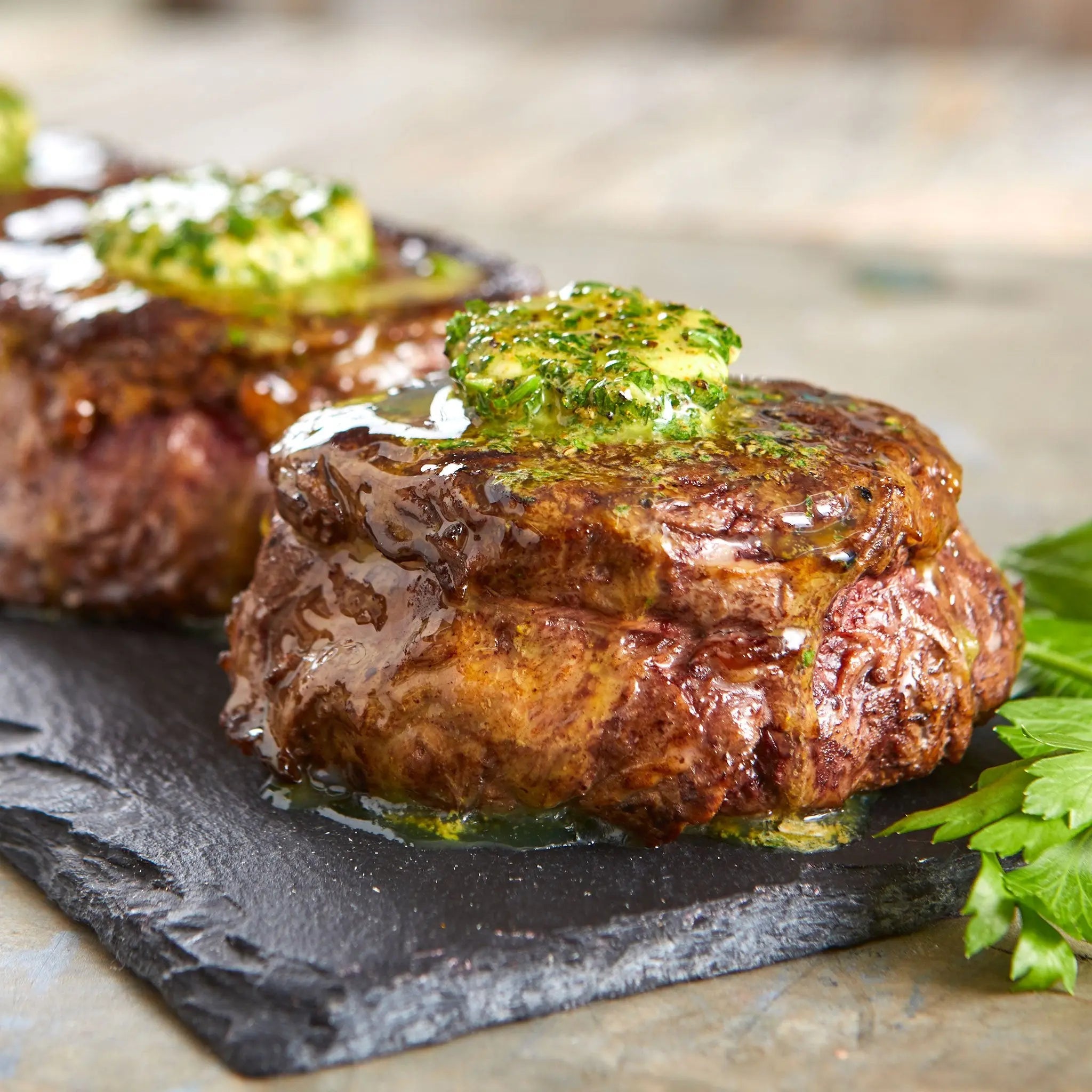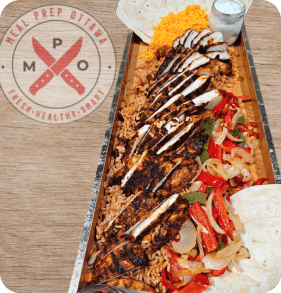The individual flavours come through……the quality and quantity is just right ….
A healthy meal plan…..thank you😊
Thank you so much for your thoughtful feedback. We’re really glad to hear that you’re enjoying the individual flavours and finding the quality and portions just right. It means a lot to us to be part of your healthy meal plan. We truly appreciate your support and look forward to continuing to serve you. 😊
Best regards,
Peter
Meal Prep Ottawa
Good meals , good taste above and beyond customer service
Hello,
Thank you for your kind words! We’re delighted to hear you’re enjoying the meals and that our team’s customer service made a positive impression. Going above and beyond for our customers is always our goal.
We truly appreciate your support and look forward to serving you again.
Best regards,
Peter
Meal Prep Ottawa


















 Get Directions
Get Directions Store Hours
Store Hours